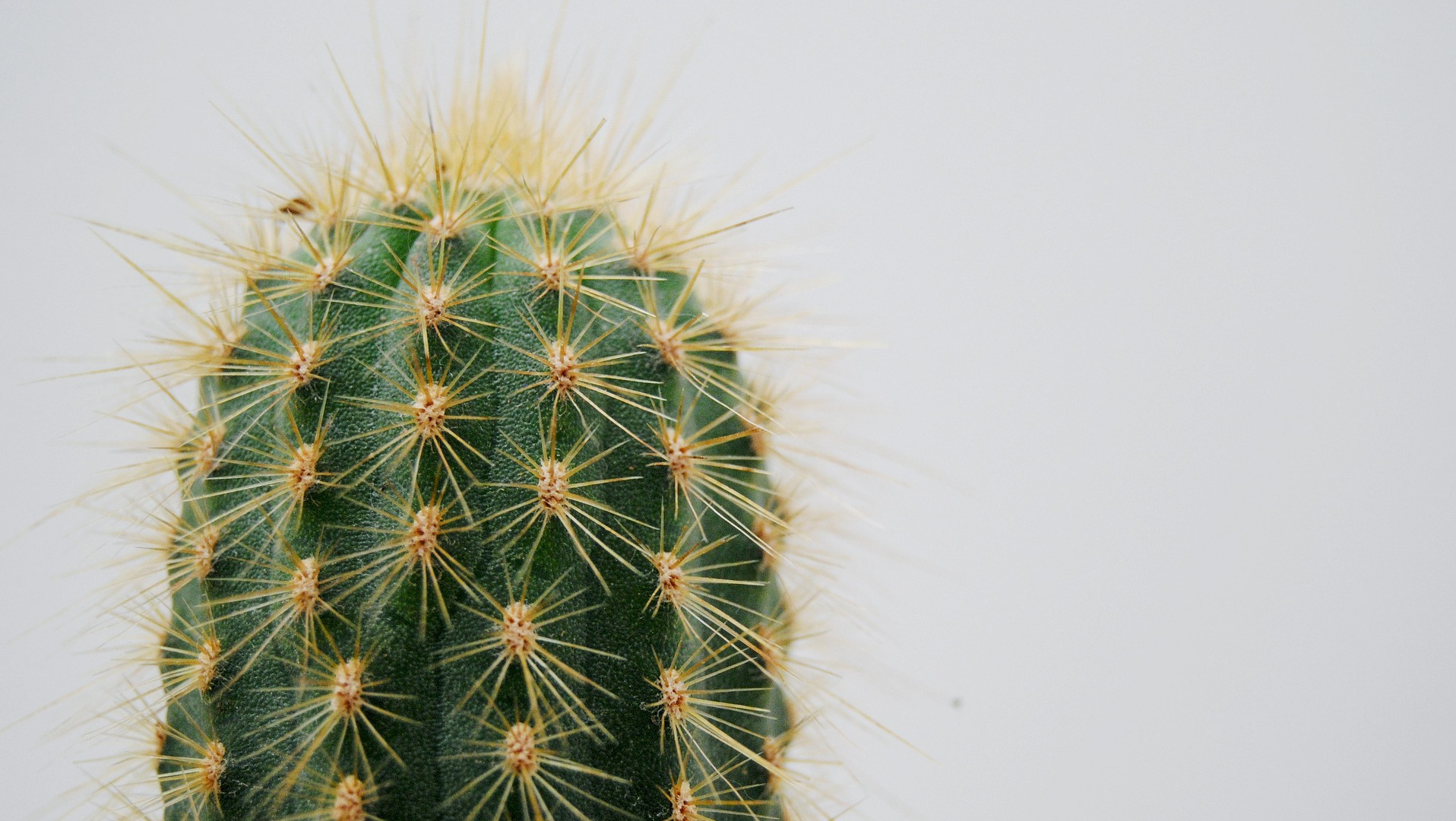Home Remedies for Sexually Transmitted Diseases (STDs)
Sexually transmitted diseases (STDs) are a serious health concern that requires proper medical attention and care. While home remedies can sometimes alleviate symptoms or support overall health, they are not a substitute for professional medical treatment. Certain remedies may help manage symptoms or boost immunity, but only a healthcare provider can diagnose and treat STDs effectively.
This article will cover effective medical advice, appropriate over-the-counter (OTC) options, and home remedies that may support the management of STDs in conjunction with professional care.
Understanding STDs
STDs are infections transmitted through sexual contact. Bacteria, viruses, or parasites can cause them. Common STDs include:
- Chlamydia
- Gonorrhea
- Syphilis
- Human papillomavirus (HPV)
- Herpes simplex virus (HSV)
- HIV/AIDS
- Trichomoniasis
While some STDs are curable with antibiotics, others, like herpes and HIV, are chronic but manageable with medication.
When to Seek Medical Attention
If you suspect you have an STD, seek medical care immediately. Untreated STDs can lead to severe complications, including infertility, chronic pain, and increased risk of HIV. A healthcare provider will conduct diagnostic tests and prescribe appropriate treatments, such as:
- Antibiotics: For bacterial STDs like chlamydia, gonorrhea, or syphilis.
- Antiviral medications: For managing herpes or HIV.
- Antiparasitic drugs: For trichomoniasis or other parasitic infections.
Preventive Measures
- Abstinence: The only foolproof way to avoid STDs is abstaining from sexual activity.
- Condom Use: Latex condoms significantly reduce the risk of transmission when used correctly.
- Routine Testing: Regular STD screenings help in early detection and treatment.
- Vaccination: Vaccines are available for HPV and hepatitis B.
Ineffective or Unsafe Remedies to Avoid
- Douching: Douching can disrupt the natural vaginal flora, worsening infections.
- Unverified Herbs: Many herbal remedies lack scientific backing and may interfere with prescribed treatments.
- Home Cures for HIV or Herpes: These infections require medical management with antiretroviral drugs.
Lifestyle Tips to Support Healing
- Hydration: Drink plenty of water to flush out toxins and maintain overall health.
- Healthy Diet: Focus on whole foods, lean proteins, fruits, and vegetables to support the immune system.
- Safe Practices: Avoid sexual contact during treatment to prevent the spreading or worsening of the infection.
- Stress Management: Practice relaxation techniques like yoga or meditation to lower stress, which can weaken the immune system.
Home Remedies to Support STD Treatment. (NOT CURE)
While home remedies can relieve symptoms and support overall health, they do not replace professional medical care. STDs are serious health conditions that require proper diagnosis and treatment from a healthcare provider. By combining medical treatments with supportive home remedies and preventive measures, individuals can manage symptoms effectively and reduce the risk of complications.
If you suspect you have an STD, consult a doctor immediately and follow their treatment plan. Early intervention is key to recovery and long-term health.
While these remedies may alleviate symptoms or support general health, they should only be used as complementary measures alongside prescribed treatments.
Neem
Neem has antimicrobial and immunostimulating properties that may help manage infections and strengthen immunity.
- How it helps: Neem can enhance immune systems' ability to fight infections.
- Usage: Drink neem tea or take neem supplements every other day to support overall health.
Note: Neem does not cure STDs but may help prevent secondary infections.
Garlic
Garlic has natural antiviral, antibacterial, and antifungal properties.
- How it helps: Garlic may reduce inflammation and support the immune system.
- Usage: Take garlic supplements or consume raw garlic daily.
Yogurt
Probiotics in yogurt can help restore healthy vaginal flora, particularly in cases of bacterial infections like bacterial vaginosis or trichomoniasis.
- How it helps: Yogurt restores natural pH balance and promotes good bacteria.
- Usage: Consume plain, unsweetened yogurt daily or use it as a vaginal probiotic supplement under medical guidance.
Cranberry Juice
Cranberry juice may help with urinary tract infections (UTIs), which sometimes co-occur with STDs.
- How it helps: Cranberry juice contains compounds that prevent bacteria from adhering to the bladder walls.
- Usage: Drink unsweetened cranberry juice or take cranberry supplements daily.
Echinacea
Echinacea is known for boosting the immune system and helping the body fight infections.
- How it helps: May reduce the duration and severity of certain infections.
- Usage: Take Echinacea tea or supplements as directed.
Tea Tree Oil
Tea tree oil has natural antimicrobial properties that may help manage symptoms like itching or irritation caused by STDs such as trichomoniasis.
- How it helps: Reduces irritation and combats bacteria or fungi.
- Usage: Add a few drops of tea tree oil to warm water for external use or as part of a vaginal wash. Avoid internal use unless directed by a healthcare provider.
Vitamin Supplements
Vitamins and antioxidants can support immune function and overall health during STD treatment.
- Vitamin C: Boosts immunity.
- Vitamin E: Helps repair damaged skin or tissues.
- Zinc: Supports wound healing and immune health.
- Usage: Take supplements as recommended or incorporate vitamin-rich foods like citrus fruits, nuts, and seeds into your diet.
Over-the-Counter (OTC) Remedies
OTC options can help alleviate certain symptoms associated with STDs but do not cure the infections.
- Pain Relievers:
- Use ibuprofen (Advil) or acetaminophen (Tylenol) to reduce pain, fever, or inflammation.
- Topical Creams:
- Over-the-counter antifungal creams like clotrimazole (Lotrimin) or miconazole (Monistat) may help with itching or irritation caused by yeast infections.
- Probiotic Supplements:
- Probiotics support healthy bacteria balance, especially during antibiotic treatment for bacterial STDs.
- Antiseptic Washes:
- Use antiseptic washes (e.g., povidone-iodine) externally to reduce bacteria. Do not use these internally unless advised by a doctor.


